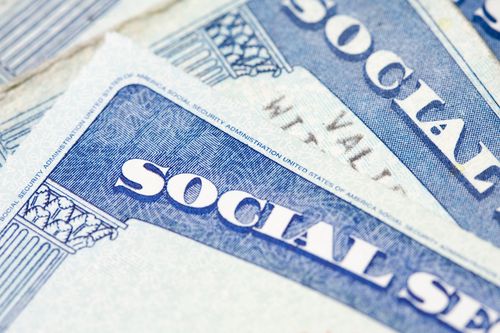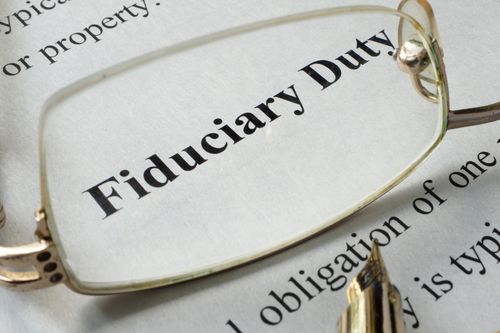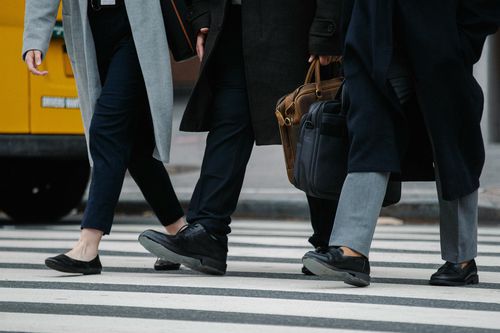In response to the coronavirus (COVID-19) pandemic, states have passed new laws and issued new regulations and guidance about employee leave taken for COVID-19 reasons. These provisions are in addition to the federal Emergency Paid Sick Leave and Emergency Family and Medical Leave Expansion requirements passed on March 18 as part of the Families First Coronavirus Response Act.
In general, employee leave permitted under new state COVID-19 rules and guidance varies with respect to factors like the employers and employees covered by the leave, the length and purpose of the leave, whether the leave is compensated and at what rate, and whether the leave is provided under a new law or rule, or covered under an existing provision.
Employers should monitor the websites of their state departments of labor for new laws, rules and guidance about COVID-19-related employee leave.
California
The California Labor Commissioner has issued FAQs on employee leave options, compensation and salary in the context of COVID-19.
- San Francisco—The city of San Francisco has passed the Workers and Families First Program, providing $10 million to businesses with employees in San Francisco to provide five days of sick leave beyond employers’ existing policies. The additional sick leave is available only to employees who have exhausted their currently available sick leave, have exhausted or are not eligible for federal or state supplemental sick leave, and whose employer agrees to extend sick leave beyond current benefits. The city has released FAQs and an employer guide on the program.
Colorado
Colorado passed emergency regulations mandating that workers in certain industries be eligible for up to four days of paid sick leave when experiencing flu-like symptoms and awaiting test results for COVID-19. The covered industries are the following:
- Leisure and hospitality;
- Food services;
- Child care;
- Education, including transportation, food service and related work at educational establishments;
- Home health (if working with elderly, disabled, ill or otherwise high-risk individuals); and
- Nursing homes and community living facilities.
Click here for more information.
Connecticut
The state has issued FAQs on the application of various employment laws and programs—including the state’s paid sick leave and family leave requirements—to workers and businesses affected by COVID-19.
District of Columbia
As part of emergency legislation, Washington, D.C. has expanded its family leave program (DCFMLA) to allow workers to take time off when they or a family member have been advised to quarantine or self-isolate. The law allowing the expansion also eliminates the usual DCFMLA eligibility requirements that:
- The employee has worked for the current employer for one year; and
- The employee has worked 1,000 hours for the current employer during the previous 12 months.
These requirements are waived if the employee is taking leave under the new COVID-19 purpose.
In addition, the new leave requirement applies to all District of Columbia employers; before the expansion, only employers with 20 or more employees were covered by the DCFMLA. The expansion remains in effect for 90 days from its approval on March 17.
Nevada
The Nevada Labor Commissioner’s Office has issued guidance on employees’ use of leave for COVID-19 purposes under the state’s new paid leave law. According to the guidance, employees may elect to use available paid leave or other applicable leave while out on a mandatory government quarantine, but employers may not require that employees use the leave for this purpose.
New Jersey
Recently passed legislation in New Jersey prohibits employers from terminating or refusing to reinstate employees for taking time off (as instructed by a medical professional) due to COVID-19. Another new law expands the definition of “serious health condition” in the state’s temporary disability insurance (TDI) and family leave insurance (FLI) programs to allow benefits when a person is diagnosed with or suspected of exposure to a communicable disease, or to take care of a family member similarly affected.
The legislation also expands New Jersey’s earned sick leave law to permit the use of earned sick time for isolation or quarantine recommended or ordered by a provider or public health official as a result of suspected exposure to a communicable disease, or to care for a family member under similar isolation or quarantine.
The state’s Department of Labor and Workforce Development has developed printable guides outlining COVID-19–related benefits for New Jersey employees. These guides explain the applicability of benefits like earned sick leave, unemployment insurance, temporary disability and family leave insurance, and workers’ compensation in various COVID-19-related situations.
New York
New York State enacted a new law providing leave for COVID-19-related reasons, effective March 18, 2020. The leave applies to employees who are under a quarantine or isolation order. Employee compensation is required during the leave, depending on the size and net income of the employer entity:
- $1 million or less, and up to 10 employees: Unpaid leave through the end of the quarantine or isolation. (Employees are eligible for paid family leave and disability benefits.)
- More than $1 million, and up to 10 employees: Leave through the end of the quarantine or isolation, at least five days of which must be paid. (After five days, employees are eligible for paid family leave and disability benefits.)
- Between 11 and 99 employees: Leave through the end of the quarantine or isolation, five days of which must be paid. (After five days, employees are eligible for paid family leave and disability benefits.)
- 100 or more employees: 14 days of paid sick leave during quarantine or isolation.
- Public employers: 14 days of paid sick leave during quarantine or isolation.
The law also allows paid family leave for employees to care for children under a quarantine or isolation order. Employees eligible for federal COVID-19-related leave may take state leave only to the extent that it exceeds the federal leave. Exceptions apply for asymptomatic or undiagnosed employees who can work virtually, and for employees who traveled to affected regions not for work. The state has issued FAQs on the new law. For further information, contact the New York Department of Labor.
Oregon
The Oregon Bureau of Labor and Industries issued a temporary rule clarifying that Oregon family leave covers an employee’s absence to care for his or her child whose school or place of care has been closed in conjunction with a statewide public health emergency declared by a public health official.
Oregon has also issued guidance on the use of sick time (which may also be used for public health school closures) in the context of COVID-19.
Rhode Island
The Rhode Island Division of Labor and Training is waiving certain eligibility requirements for individuals filing COVID-19-related claims under the state’s temporary disability insurance and temporary caregiver insurance programs. The Division has developed a fact sheet with further information.




